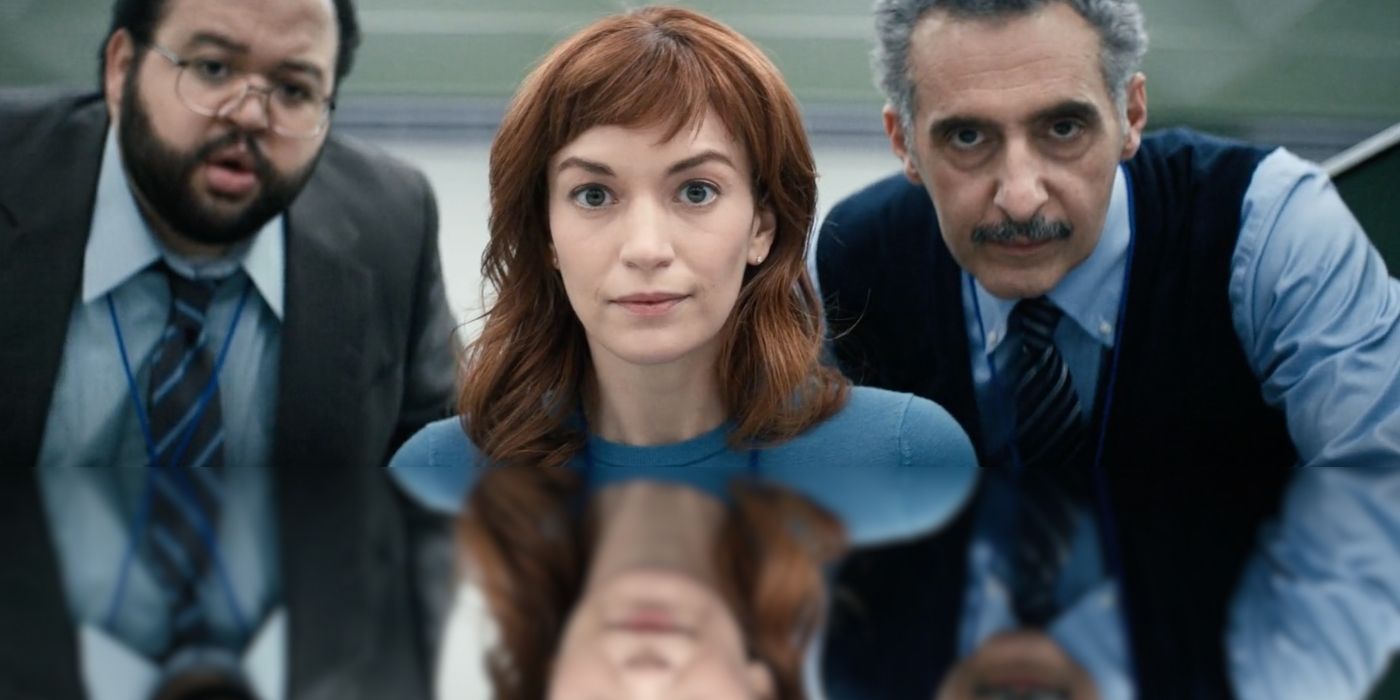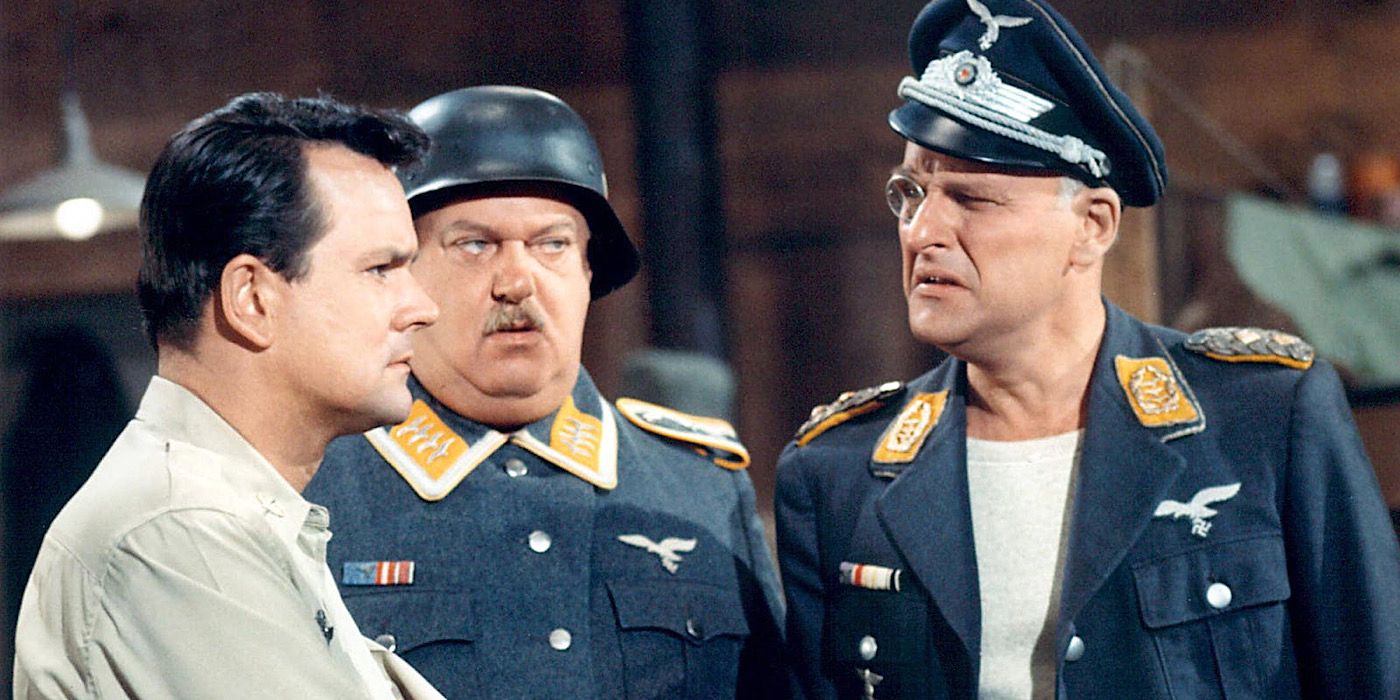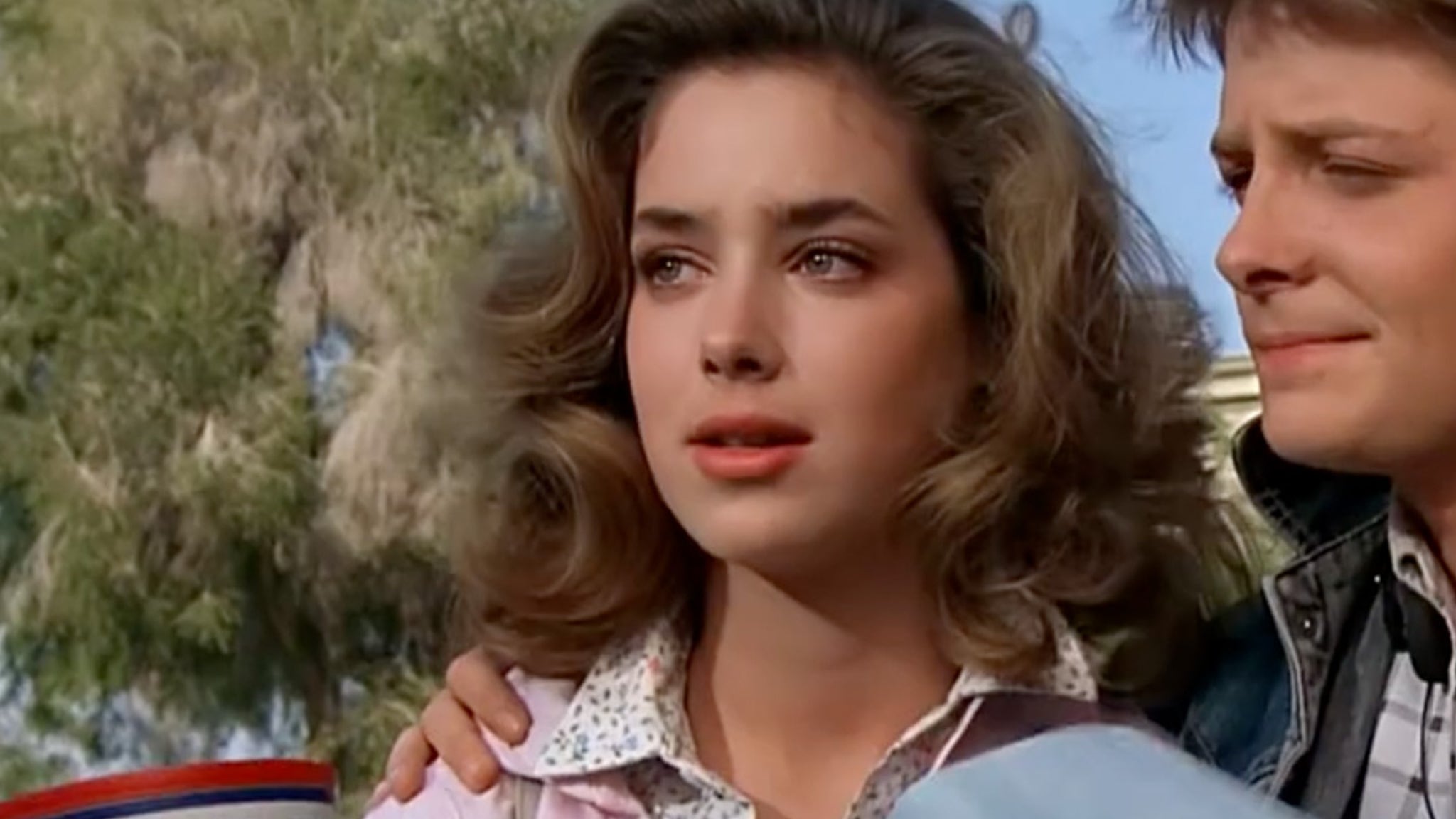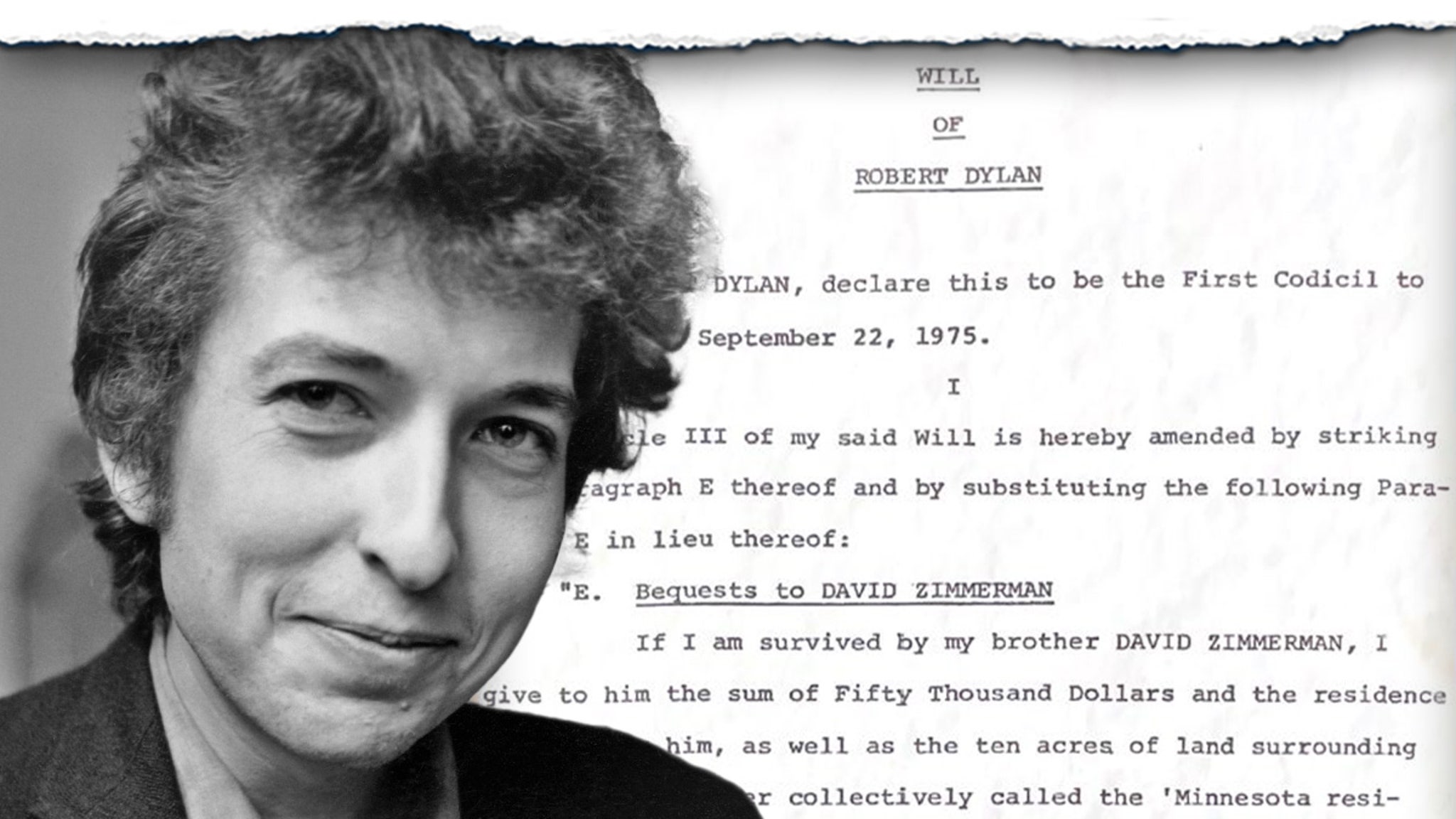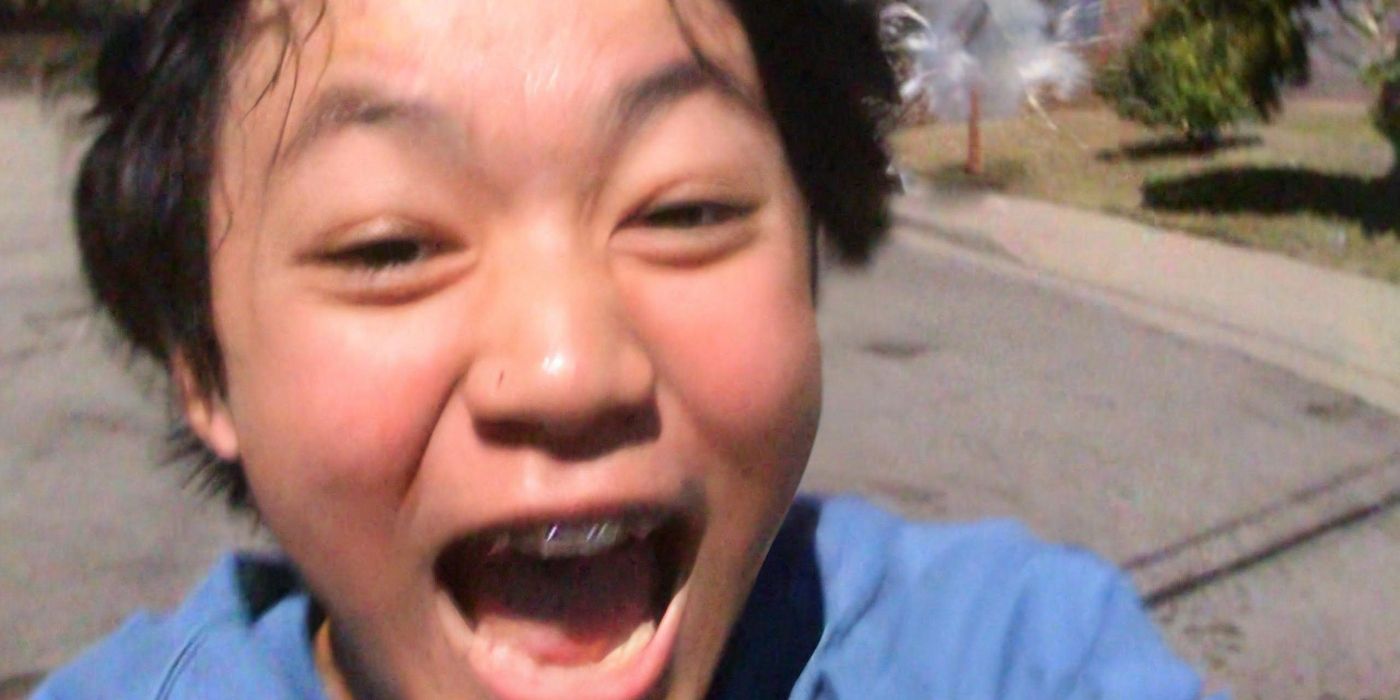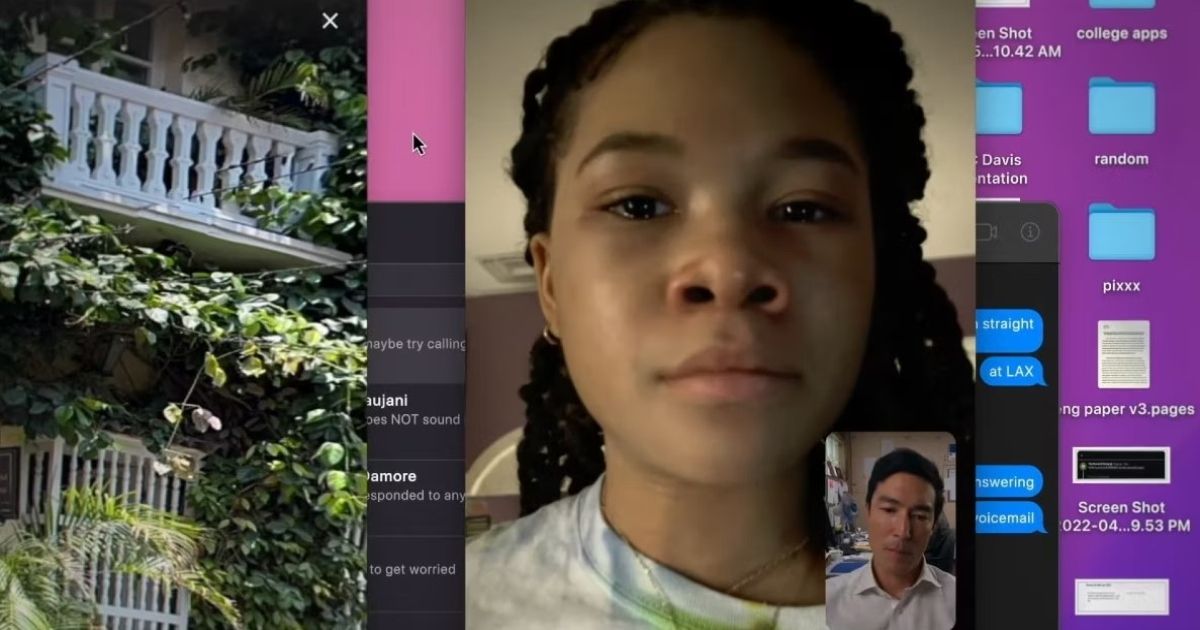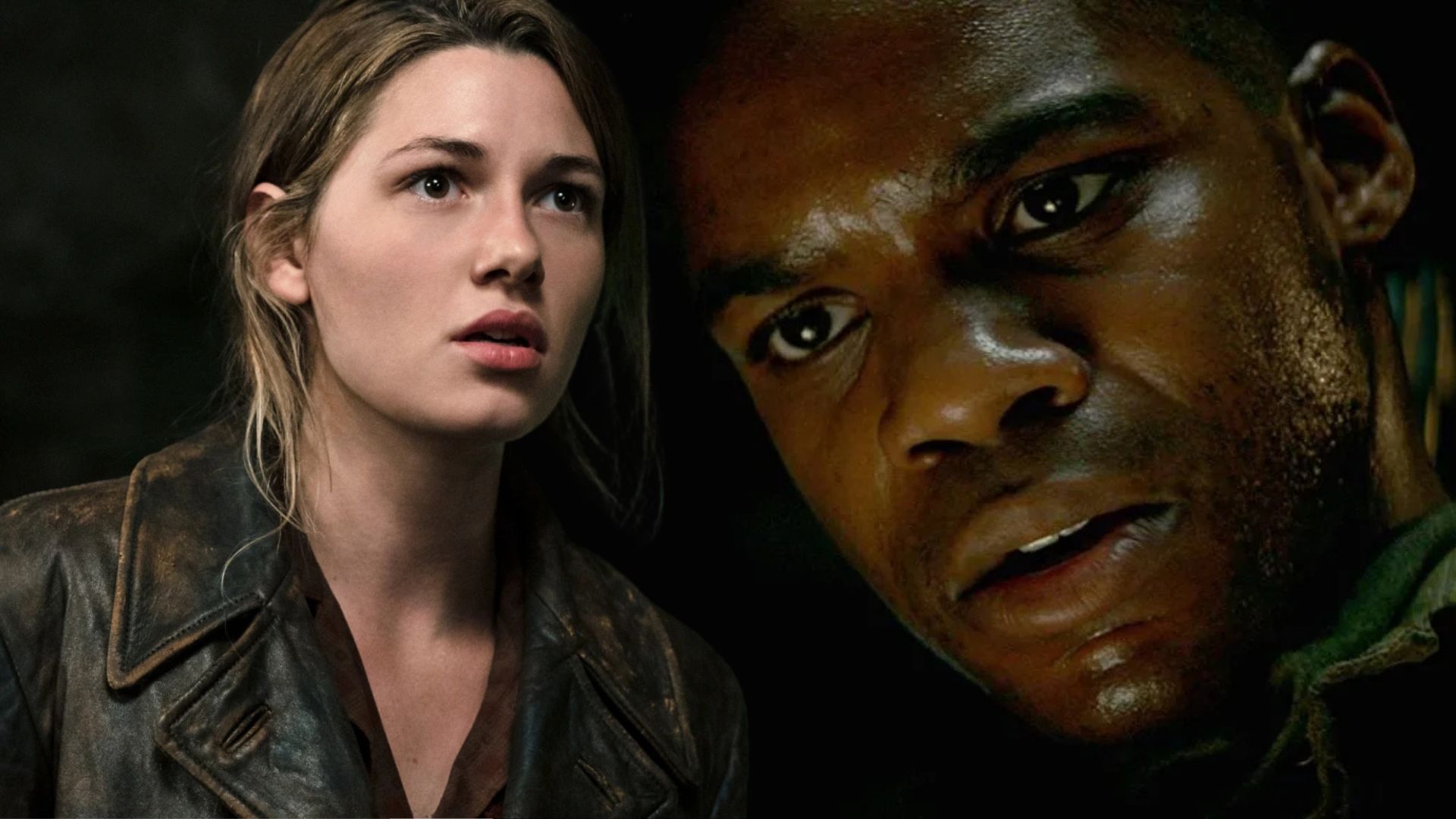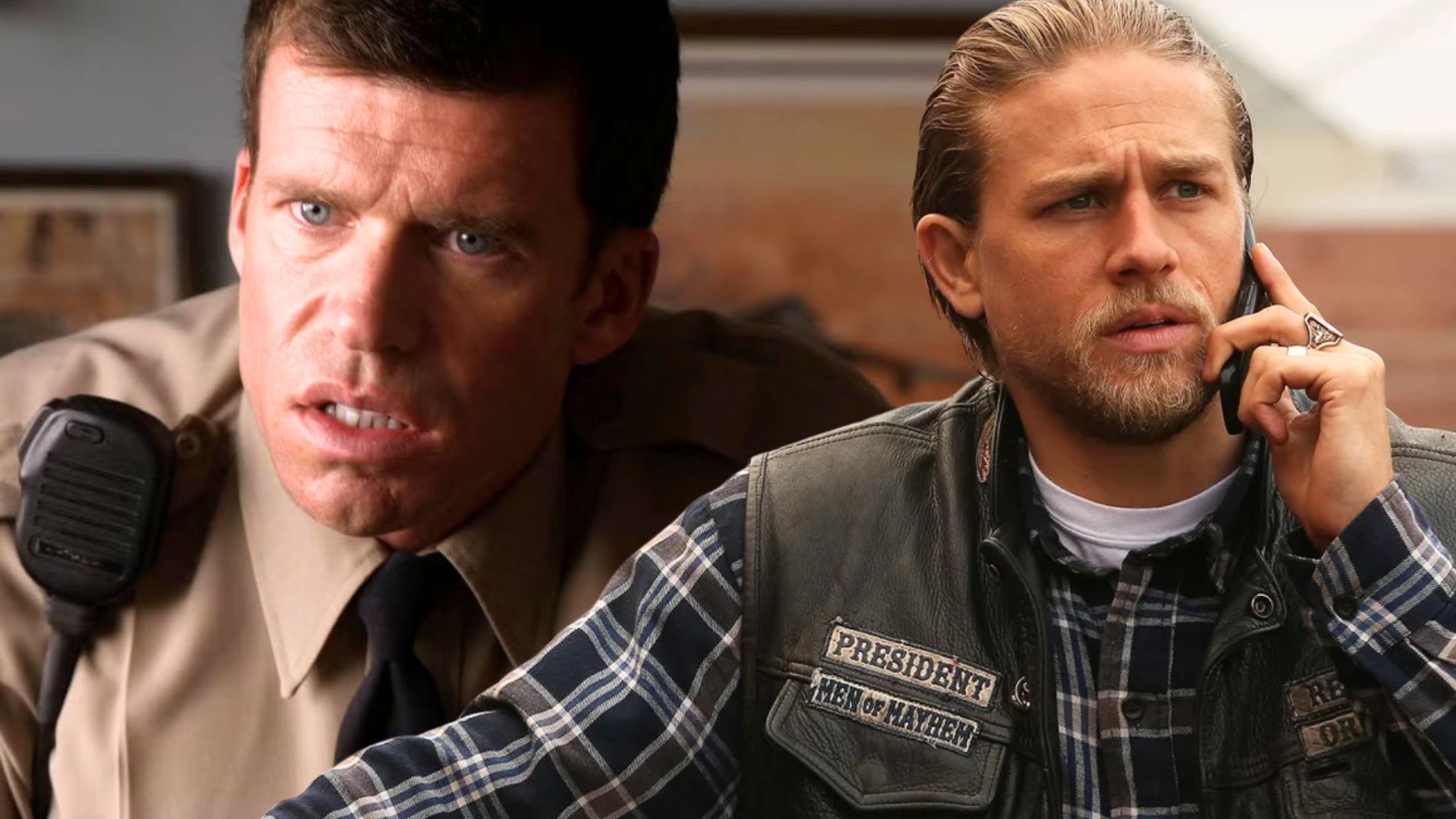“Pachinko” yearns for each period to immerse a viewer like the present, even when it’s flashing back between a memory; it’s an aesthetic triumph with incredible detail and costuming across all of its periods. It all helps make the story all the more visceral while its emotions can be heavy or solemn, accompanied by fluttering strings and gentle piano chords. The production design becomes its own emotional storytelling, with its focus on clothes as class, or any time it pauses to witness the creation of Korean food, while making us appreciate how rice from Busan is different from that in Japan.
The series is held back from greatness, however, by its story editing. It’s far better at depicting this resilience than it is in building with it, creating episodes that have inherent sadness to them and a sense of danger and life, but don’t amount to a lot of momentum. Even the mystery with Hana, one of its more blatant devices to show voices of the past emerging in unexpected ways, does not build as it should. Instead, it seems to take up space from other storylines.
Later on in the series, “Pachinko” adds more family members and ends up undercutting them, leaving their arcs to be a bit underwhelming. (A cursory glance at the book’s format suggests these lives are given far more detail, and were lost here because of the time-jumping approach.) But this series does not believe in closure too much, which is poignant to a point—perhaps these characters don’t get that in their own lives, but our way into them feels incomplete. Many statements that come from these lives feel rushed, like that of Solomon’s father Mosazu (Soji Arai) with his pachinko parlor business. We come to appreciate what these characters mean, more than how the story makes us feel.
“Pachinko” may not have the grandiose, accumulative power it seeks, but it does have many facets to recommend it, including the power of its storytellers, in front of and behind the camera. All of these performances carry the story’s reality and history inside of them, as presented in scenes that immerse us in the period, in these hard-fought spiritual journeys.
Entire series screened for review. The first three episodes of “Pachinko” premiere today, March 25th, with a new episode premiering each following week.
You can view the original article HERE.

